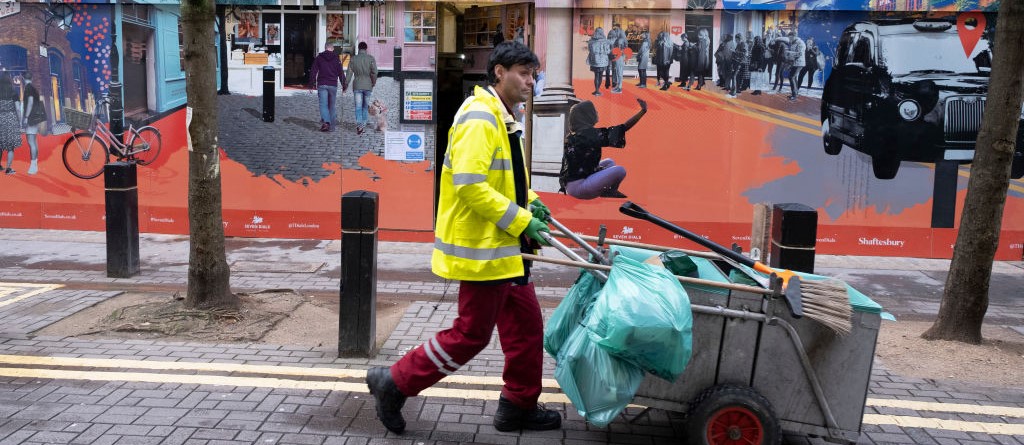Fight to save youth workers’ future
Hundreds of youth workers are today (March 3) lobbying the Local Government Association in an effort to save the â€pink book’ which protects their pay terms and conditions.
Unite – which represents thousands of youth, community and play workers – is taking part in the joint demonstration along with other unions at the LGA’s headquarters this lunchtime a stone’s throw from Parliament.
The action is a result of underhand proposals by LGA employers to tear up the JNC – Joint Negotiating Committee for youth and community workers – terms and conditions for local government workers, without the consent of the staff side unions.
Unite fears that abolishing the â€pink book’ agreement will undermine the pay, terms and conditions – as well as the professional standing of youth workers, effectively de-skilling youth and community workers.
Unite national officer Colenzo Jarrett-Thorpe said “The long standing â€pink book’ recognises the professional qualifications of youth and community workers and ensures that workers are paid fairly for the job they are professionally trained to do.
“If it goes, youth work as a profession disappears with it. Serious questions need to be asked over the employers’ motives for tearing up the ‘pink book’.
Spiral of decline
“We fear that it will lead to a spiral of decline in services for young people and is a step towards the de-professionalisation of youth and community workers.
“Youth services are seen as a soft target for budget cuts. Abolishing the â€pink book’ will in no way be in the best interests of vulnerable young people and the highly skilled professionals trained to protect them.
“Now we need youth and community workers to stand up and defend their profession. Youth work has a proud tradition in this country, stretching back many decades.
“Our youth worker members provide very necessary, cost-effective services for young people living in poverty, fighting addiction or struggling with housing problems or finding work.
“By helping young people early, these services protect them from more costly interventions like mental health services and social services. In the long run it saves the tax payer money.”
Jarrett-Thorpe explained what Unite and others hope to achieve by taking their fight directly to the LGA, saying: “We are lobbying the employers to drive home the importance of protecting JNC pay, terms and conditions.
“We have been urging youth and community workers to come along and make their voice heard”, he added.
The JNC is a unique collective bargaining body that has been central to the growth of youth services and the development of youth work since 1961. It includes extra annual leave entitlement in recognition of the stressful and unsocial hours associated with youth work.
Around 75 per cent of local authority and voluntary sector employers still apply JNC terms and conditions.
 Like
Like Follow
Follow
